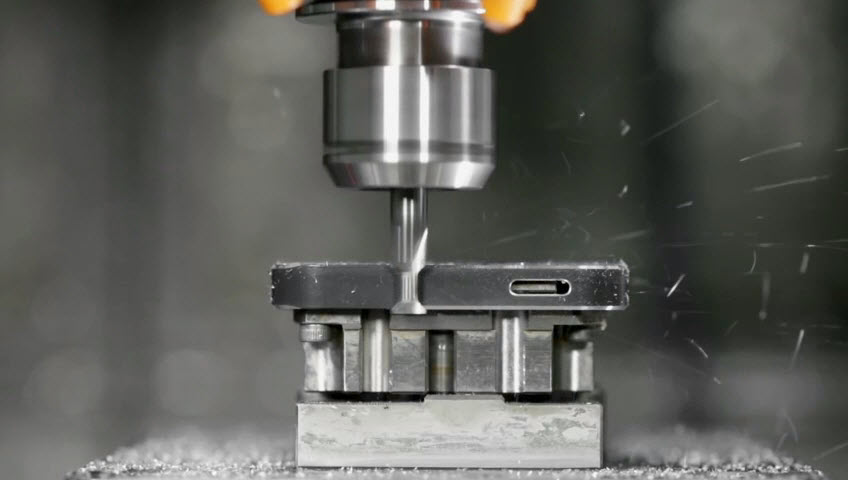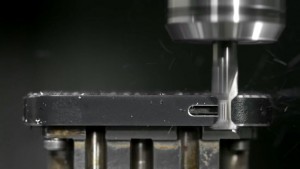
It’s a strange video that Apple has put together for their iPhone 5 marketing. The first half is OK, with details about size and features (ie that’s the ‘benefits’ part), but the second half goes off on a self-congratulatory wank about manufacturing process and finish. Apple has always been praised for their design and construction, so it seems strange that they’d feel the need to spend close to 2 minutes of prime video time ramming this home.
The reason, I’m guessing, is that Apple doesn’t have much else to differentiate with.
“What makes iPhone 5 so unique is the way it feels in your hand.” - Jony Ive
Whereas a year ago Apple lead the smart phone market in terms of innovation, this year they seem to be playing catch up – especially in terms of increased screen size and reduced overall size. As phone sales figures clearly show, other makes (eg Samsung) are selling more devices. Not that Apple cares about overall numbers of course – they’re still milking out the majority of profit from the market – but it does make you wonder about future trends.
As many have noted, the iPhone 5 announcement has been underwhelming to say the least. And one can only imagine what tone journalists would have used if this device had come from another vendor. Sure refinement in design and overall quality is important, but in the case of Apple, that’s a given now. We expected more.
But perhaps Apple is happy to simply refine. As Thomas points out, the iPhone is the Porsche 911 of the smartphone world, so refinement, rather than evolution is likely where the focus is.
However, a Porsche mentality isn’t a natural match for a smartphone buyer. After the first week of unpackaging, the magic fades, and the iPhone gets chucked in pockets and bags just like any other device. Â For all the talk of diamond finished casing and micron precision, the iPhone, in the end, is a disposable item.
Which is all to say that I don’t really think people equate a smartphone with an item of jewellery. iPhone purchases (of all things) are considered short-term – the upgrade cycle is what fuels much of the record sales. Once hooked, repeatedly upgraded. Appealing to minute quality considerations might give people a warm feeling afterwards (remember we buy emotionally, but then justify our purchases logically), but who is it really fooling? We wanted innovation. Not letterboxes.
Does the following (again from Jony) ring true for you:
“To build the iPhone 5 we began with a design we really loved. But to build it, to implement it, we had to look way beyond what we knew to be possible. It took all our learning, all of our best thinking, to realise something so simple, so clear, and yet so truly extraordinary.”
But I’m probably wrong. After all, what would I know?

[…] [1] I’m not immune from this […]
[…] with the 6, and I’m a guy with reasonably big hands. I really enjoy holding my 5s (yes, this post comes back to haunt me). It sits well in my hand, doesn’t slip, and is easy to […]